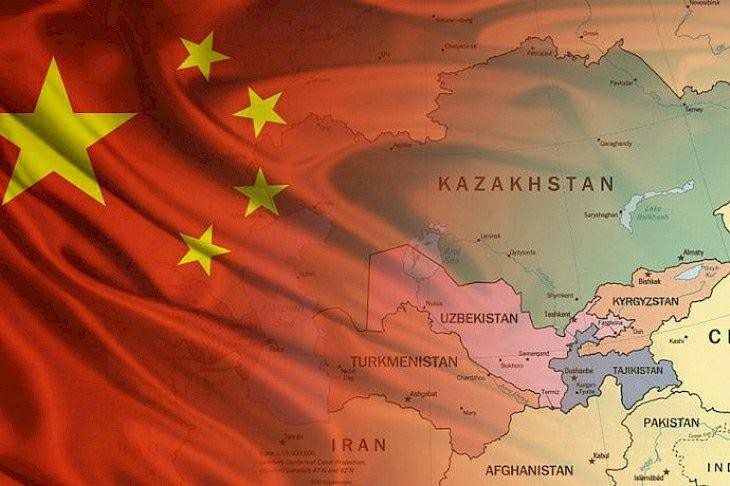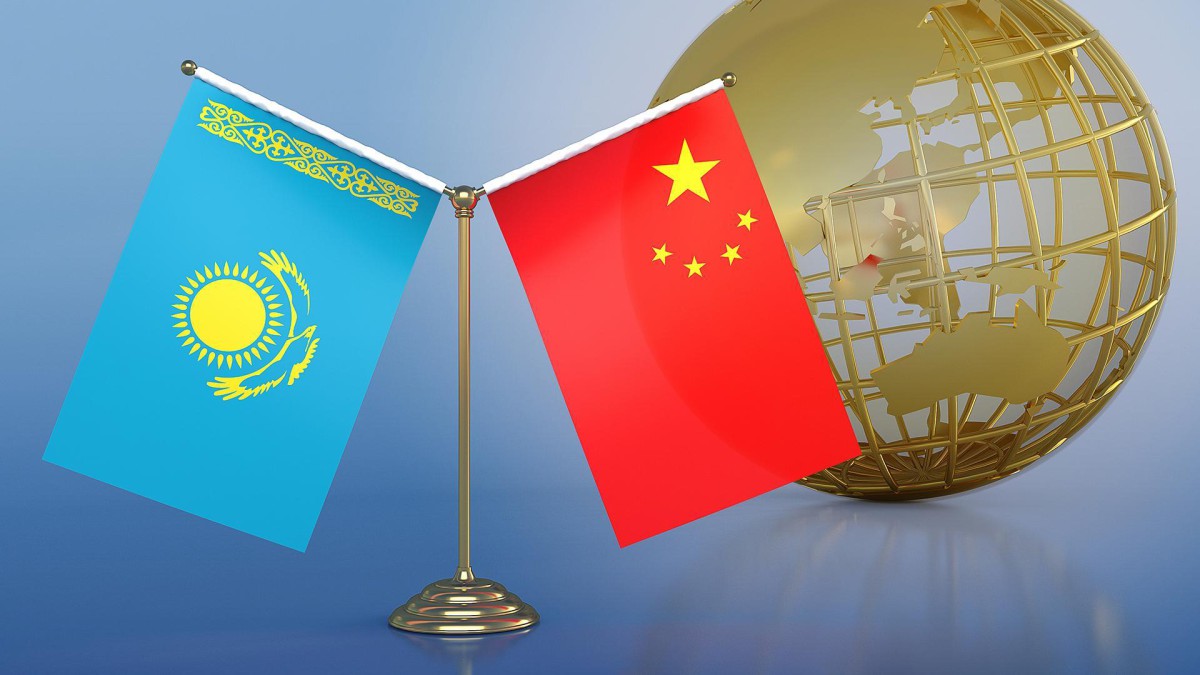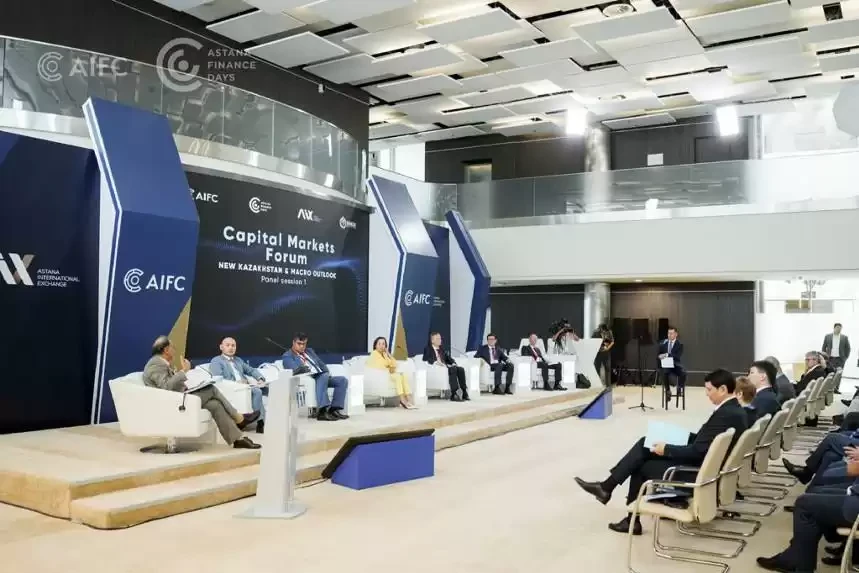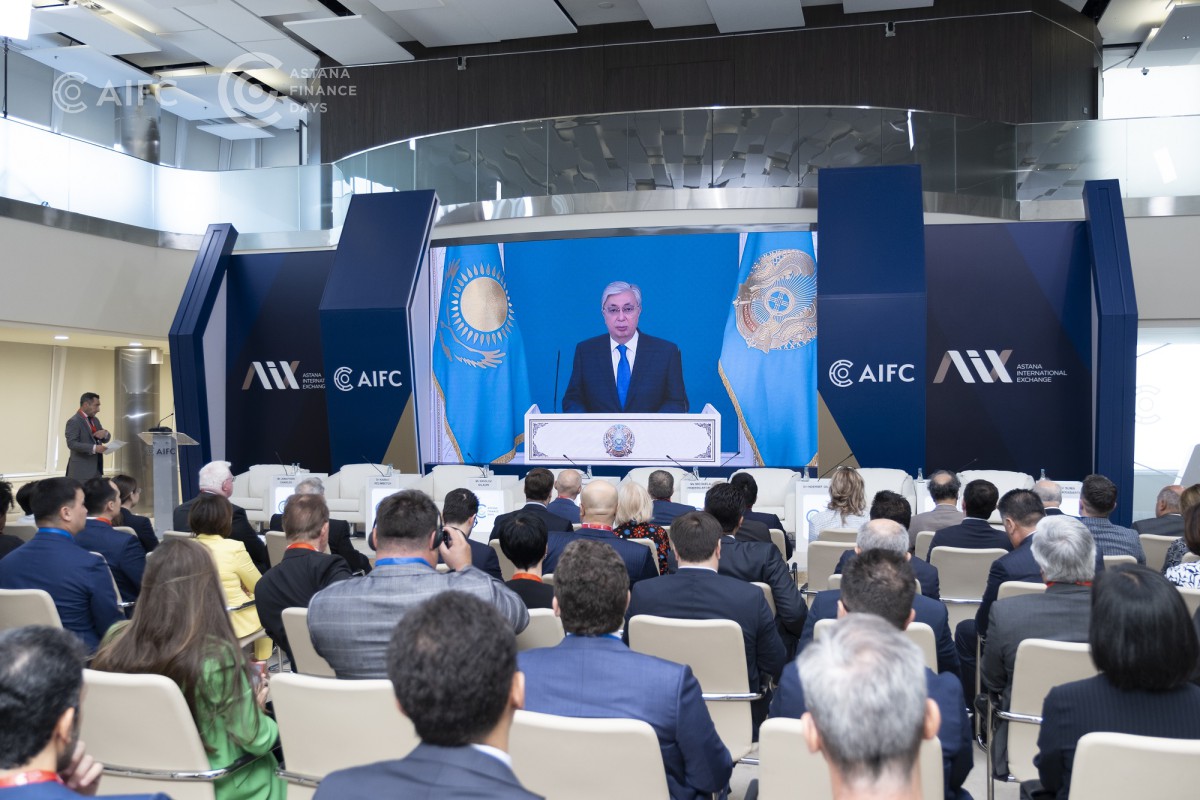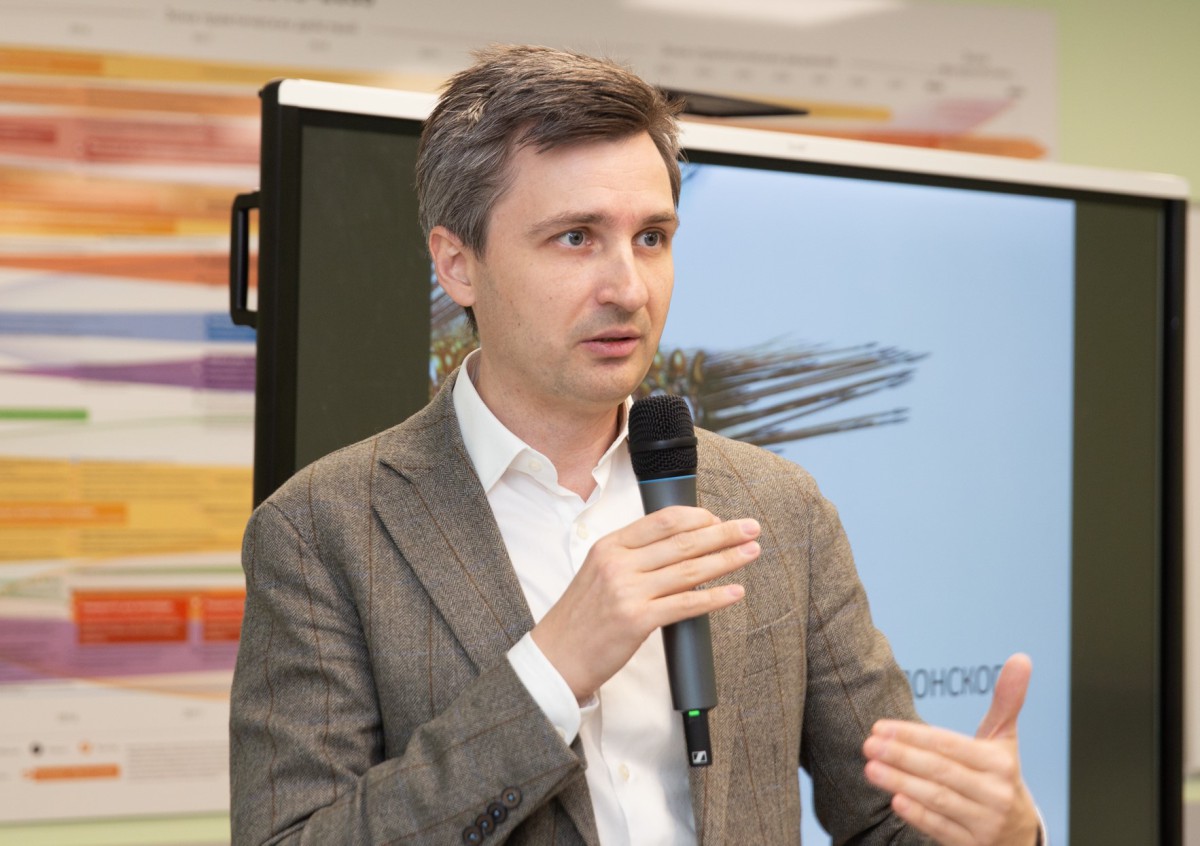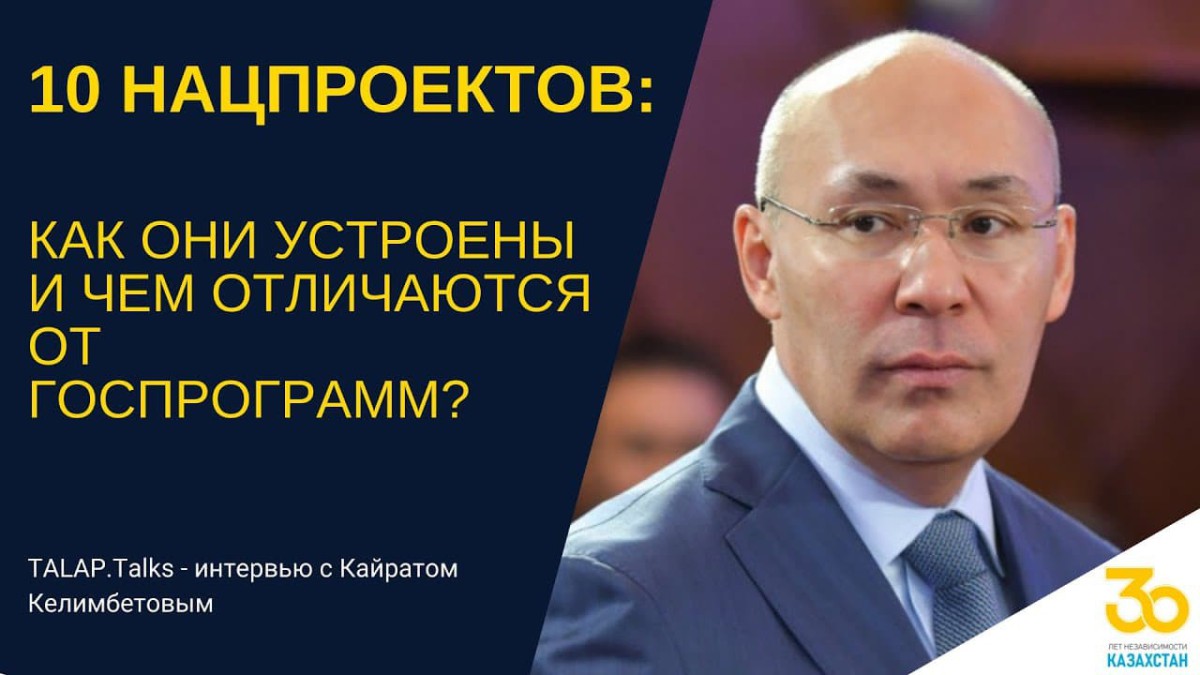Established in 2013 within the Organization of Islamic Cooperation, the IOFS has turned into the platform for coordination of all food security programmes in Islamic countries. 16 programmes are being implemented, 50 memorandums in agriculture, biotechnologies and grain reserve have been concluded.
Kazakhstan enters top-10 largest suppliers of wheat and flour, exporting about 9mln tonnes annually. Being an active member of the OIC, Kazakhstan supplies wheat and flour to the needy member states of the Organization.
For instance, Kazakhstan exports about 50% of its flour and more than 10% of grain to Afghanistan. For many years, the Afghan land has been suffering from unstable political situation, lack of development in agriculture and industry, while the country’s economy remains in stagnation. According to the UN data, approximately 22.8mln people out of 38mln population of Afghanistan face severe food shortage; many are forced to flee their homes. The population survives on the humanitarian aid supplied by the entire world community. The initiative of Kazakhstan to create the SCO Humanitarian Hub in Almaty to deliver international aid to Afghanistan, announced in September 2021, received a broad support from the UN.
Among the IOFS goals for the next 10 years are:
- to create food security reserves and humanitarian food assistance programs to support OIC countries in crisis situations,
- to increase the competitiveness of agri-food industry,
- to transfer technical expertise to develop the capacity of participating states.
One of the promising areas of cooperation is the development of bio- and agri-technologies, impact on the climate, development of the ecosystem of «halal» food products and creation of «gene banks». The need for such centers is explained by numerous and varied conflicts around the world, deemed to be one of the main causes for the destruction of important food security infrastructure and agricultural development, And specifically a significant loss of the genetic collection stored in Aleppo (Syria) and the destruction of the national bank of plant genes in Ukraine. As per the decision of the OIC V General Assembly held in October 2022 in Tunisia, Kazakhstan will accommodate one of the centers on creation of plant and animal gene bank.
An important component of achievement of these goals is to promote financial cooperation for the support of special projects and investments. The Astana International Financial Center has great potential in this area. In 2021, it signed a memorandum of understanding with the International Islamic Food Processing Association. The document provides for support of high-quality and sustainable development of agri-food projects in the Republic of Kazakhstan through the attraction of Islamic finance, investment funds, Sharia structuring, sukuk listing and other Islamic investment instruments in the markets of 57 OIC countries.
Year 2022 was proclaimed the Year of Africa by IOFS since hunger and nutritional quality issues remain among the most pressing ones on the continent. Africa is still far from achieving the UN's Sustainable Development Goals (SDGs) on eradication of hunger, ensuring access to safe, nutritious and adequate food all year round, and liquidation of all the forms of malnutrition. Since 2014, the number of hungry people in Africa has increased by 47.9mln and now stands at 250.3mln, or almost a fifth of its population.
According to the IOFS experts, food security can be achieved if all international, regional and national institutions, supported by IOFS member states, join forces to achieve this goal.







